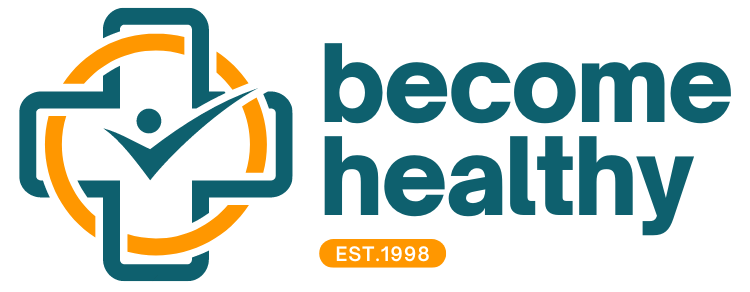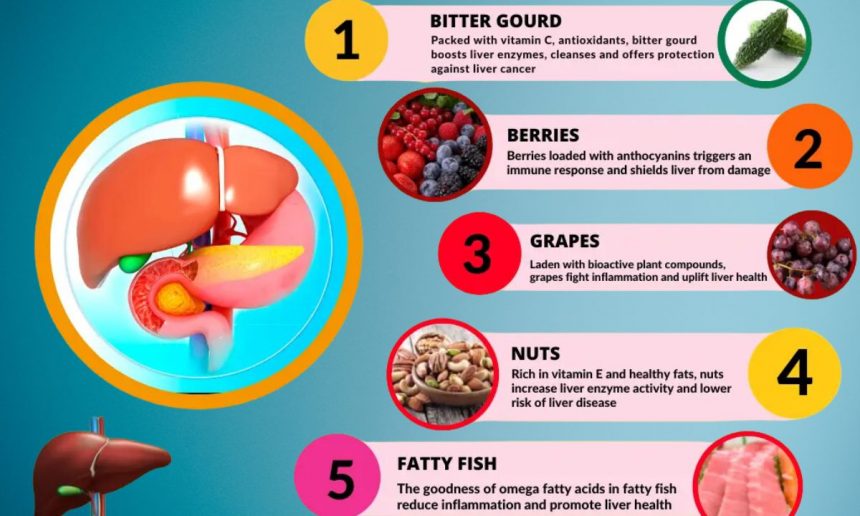Liver Health
Many supplements are marketed as “liver cleansing,” for “liver detox,” or for “liver support,” Eltelbany said as he presented the study results at a major conference for gastro doctors recently.
“People take these supplements because they believe they’re natural and therefore they’re safe,” said Paul Y. Kwo, MD, who moderated a session on the study at the American College of Gastroenterology conference, when asked to comment. “As I tell every patient in clinic, a great white shark is natural, a scorpion is natural, and so is a hurricane. So just because they’re natural doesn’t mean they’re safe.”
At the same time, “it’s not that every supplement is bad for you. Nonetheless, there’s just a dizzying array of these out there” said Kwo, a professor of medicine at Stanford Medicine in Redwood, CA.
“We have to be very cautious,” he said. For example, some people might believe that “if a little bit of a supplement is good, a tremendous amount must be really good.” The antioxidant turmeric, for example, has a pretty good safety record, he said. But this past year, some liver toxicity concerns arose about preparations with “very, very high concentrations” of turmeric.
Diet and Nutrition

Eat a Balanced Diet:
Focus on a variety of fruits, vegetables, whole grains, lean proteins, and healthy fats. These provide essential nutrients and antioxidants that support liver function.
Hydrate Well:
Drinking plenty of water helps the liver flush out toxins and maintain its vital functions.
Include Liver-Friendly Foods:
Leafy Greens:
Spinach, kale, and arugula contain compounds that support liver detoxification.
Cruciferous Vegetables:
Broccoli, Brussels sprouts, and cauliflower can help boost liver enzyme activity.
Beets and Carrots:
Rich in beta-carotene and antioxidants.
Garlic and Turmeric:
Have anti-inflammatory properties that can support liver health.
Limit Processed Foods and Sugars:
Reduce intake of foods high in refined sugars, unhealthy fats, and artificial additives, which can put extra strain on the liver.
Lifestyle Habits
Maintain a Healthy Weight:
Obesity and excess body fat, particularly around the abdomen, can contribute to fatty liver disease. Regular physical activity and a balanced diet are key.
Exercise Regularly:
Aim for at least 150 minutes of moderate aerobic exercise per week. Exercise helps maintain a healthy weight and improves overall liver function.
Avoid Excessive Alcohol:
Alcohol can be highly toxic to the liver. If you choose to drink, do so in moderation—generally defined as up to one drink per day for women and up to two for men.
Quit Smoking:
Smoking can exacerbate liver damage and impair its ability to function properly.
Regular Check-ups
The frequency of liver checkups depends on your medical history, risk factors, and other health conditions. Some general guidelines include:
You should also get a liver checkup if you have any of these symptoms:
- Liver pain
- Weight loss
- Fatigue
- Jaundice
- Fever
- Nausea and vomiting
- Lack of appetite
- Swelling in your abdomen or legs
- Dark-colored urine or light-colored stool
- Frequent itching
Regular liver checkups are important because liver disease can be asymptomatic or have vague symptoms in the early stages. Early detection can help prevent liver failure, a life-threatening condition.
Functions of the Liver
The liver regulates most chemical levels in the blood and excretes a product called bile. This helps carry away waste products from the liver. All the blood leaving the stomach and intestines passes through the liver. The liver processes this blood and breaks down, balances, and creates the nutrients and also metabolizes drugs into forms that are easier to use for the rest of the body or that are nontoxic. More than 500 vital functions have been identified with the liver. Some of the more well-known functions include the following:
Production of bile, which helps carry away waste and break down fats in the small intestine during digestion
- Production of certain proteins for blood plasma
- Production of cholesterol and special proteins to help carry fats through the body
- Conversion of excess glucose into glycogen for storage (glycogen can later be converted back to glucose for energy) and to balance and make glucose as needed
- Regulation of blood levels of amino acids, which form the building blocks of proteins
- Processing of hemoglobin for use of its iron content (the liver stores iron)
- Conversion of poisonous ammonia to urea (urea is an end product of protein metabolism and is excreted in the urine)
- Clearing the blood of drugs and other poisonous substances
- Regulating blood clotting
- Resisting infections by making immune factors and removing bacteria from the bloodstream
- Clearance of bilirubin, also from red blood cells. If there is an accumulation of bilirubin, the skin and eyes turn yellow.



